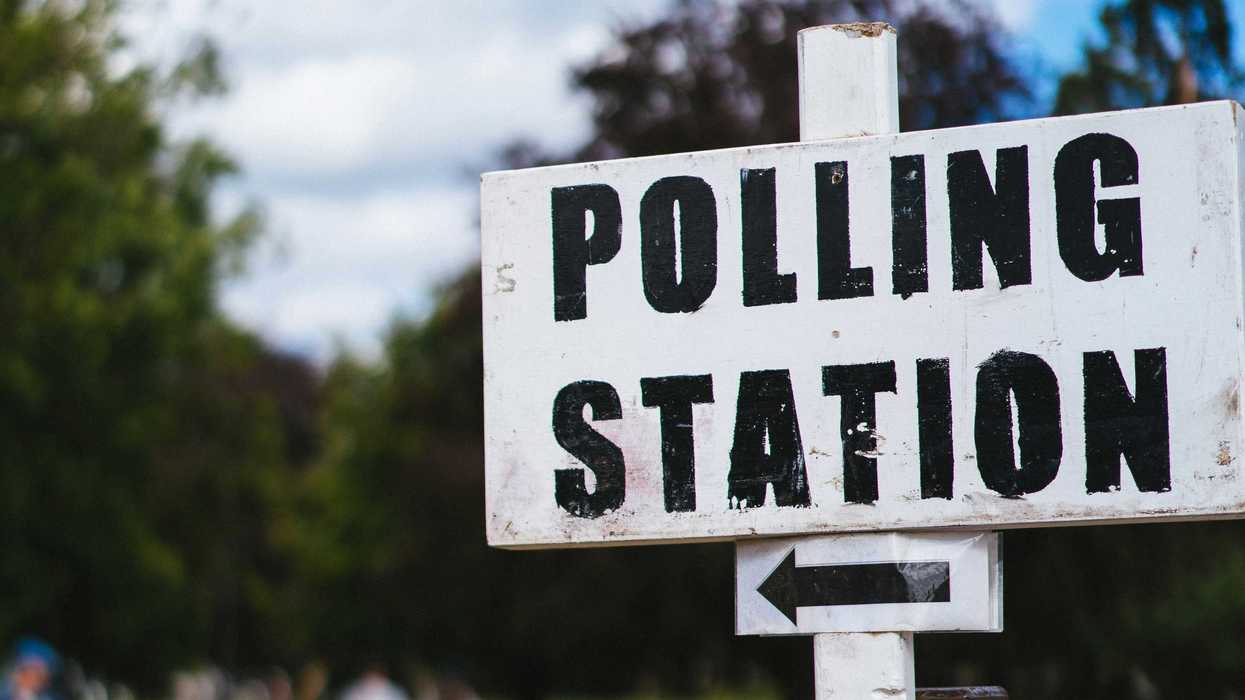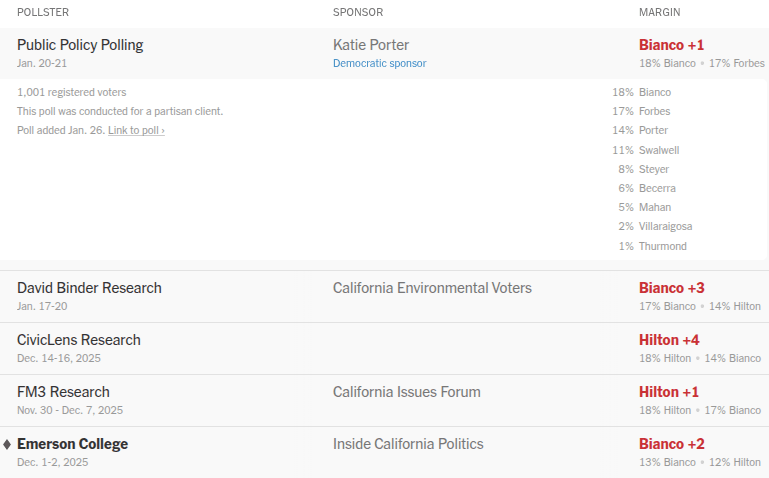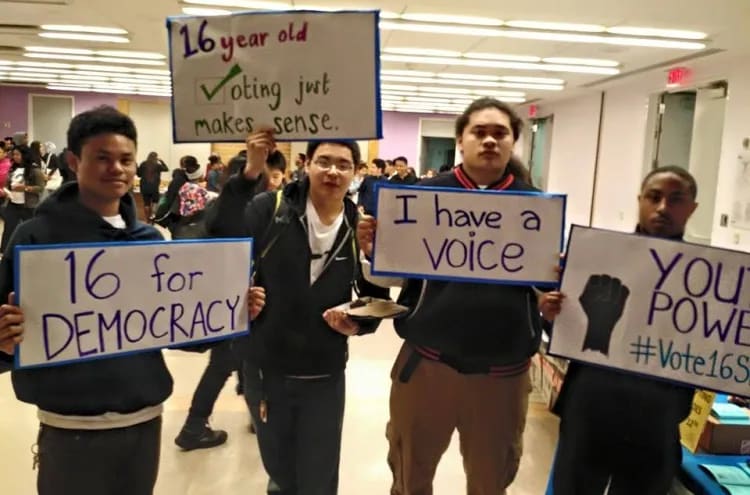Kevin Frazier will join the Crump College of Law at St. Thomas University as an Assistant Professor starting this Fall. H e recently concluded a clerkship with the Montana Supreme Court.
A friend invites you to play a game of Jenga at a party. This isn’t any friend and it’s not any party. Your friend is the creator of Jenga. Impressed, you agree to play. Before the game gets underway, she discusses strategy– be deliberate, patient, and plan for the future. She also explains the rules…but with a twist: first, anyone that shows up to the party is going to join the game; and secondly, you’ll be building the tower rather than removing pieces.
You quickly realize that to build the tallest tower possible, you’ll have to coordinate with each and every current and future attendee--they’ll need to know the rules, find a piece to add to the tower, and do so using the proper technique. Suddenly, guests start arriving out of nowhere. Some miss your explanation, others try to add several pieces at once, and a few think it would be fun to knock the tower over rather than help the cause.
A few hours pass and you see that the tower is standing but leaning like a palm tree and swaying from side to side. Your friend, the founder, told you that something like this might happen but warned that restarting wasn’t an option. Thankfully, though, she also said that you could use your imagination to come up with other ways to lay the pieces to keep the tower in place and growing.
What do you do?
This modified version of Jenga might as well be titled, “Intergenerational Democracy.” Since 1776, it has been passed generation to generation with varying levels of success. Each generation has more or less adhered to the recommended strategy--you’ve done your best to translate the founders’ rules and strategy but some things have been lost in translation. Now, those slight and short-term differences in technique have reduced the stability of the overall structure. To make matters worse, those slight structural imperfections have been placed under greater and greater stress as more people come to the party. The troubles don’t stop there. Turns out some recent players don’t want to play by the rules at all. A handful are even plotting to bring the tower down.
What do we, the American people, do?
First, we need to reintroduce the rules of our democracy, review recommended strategies, and make sure that every player has a piece to contribute. In short, we need to revive civics education. With our 250th birthday coming up, there’s no time like the present to remind Americans of our shared aims and agreed upon tactics. This work has already started but needs to gain momentum and fast. One place to start is with the celebration of Civic Season -- an effort to create a new civic tradition. The goal is to use the time between Juneteenth and July 4th each year to educate Americans about our past and inspire them to shape our collective future. This sort of work will make sure every player understands they have the right to join our democratic experiment and, importantly, the obligation to contribute their piece toward shared goals.
Second, we ought to realize that our democracy needs a new support system.. We inherited a structure that wasn’t built for a modern, multicultural democracy grappling with challenges such as geopolitical turmoil and existential risks posed by AI and other emerging technologies. If we follow the same strategies, our tower is bound to topple. If we coordinate to create new institutions, then this endeavor can persist and become far more stable. One place to start is with the development of public-private institutions that allow for information sharing and joint policy creation between innovators and regulators. Gone are the days when the government led in R&D. If we’re going to deal with the threats posed by AI and make the most of its benefits, then collaborative institutions must become a core part of our democracy.
Third, we must stop players from trying to bring down all of our hard work. Our democracy has only lasted this long because of a shared understanding of the rules and, for the most part, enforcement of those rules. So long as certain people--especially those in positions of power--think they are above the law we will teeter on the edge of collapse. One way to bring these players into alignment is to shore up our judiciary, which has struggled to remain neutral in an increasingly partisan environment. The good news is that we’re well aware of ways to reduce such partisanship - we can start by ending the practice of electing judges to state courts.
Our founders are gone. Our political experiment is careening. And, some would like to see us fail. But, we can’t tear our democracy down. We can make sure that everyone has a role in protecting it, restoring it, and advancing it.






















